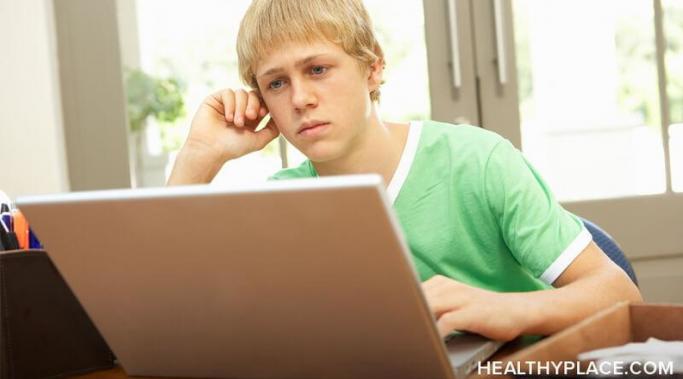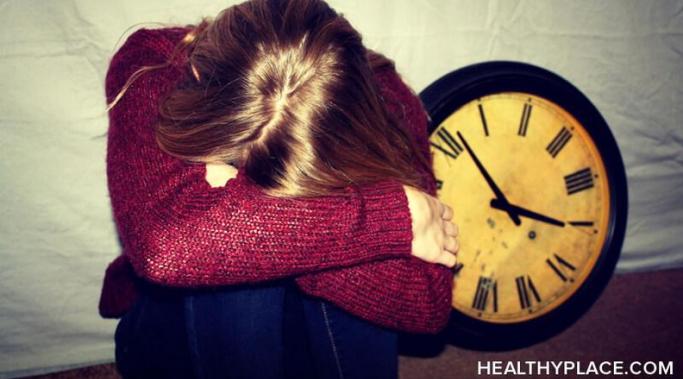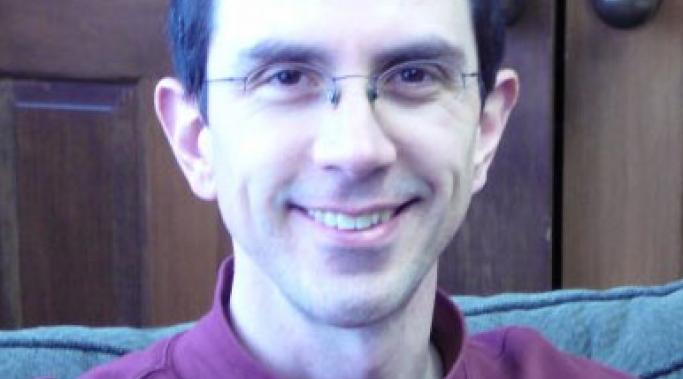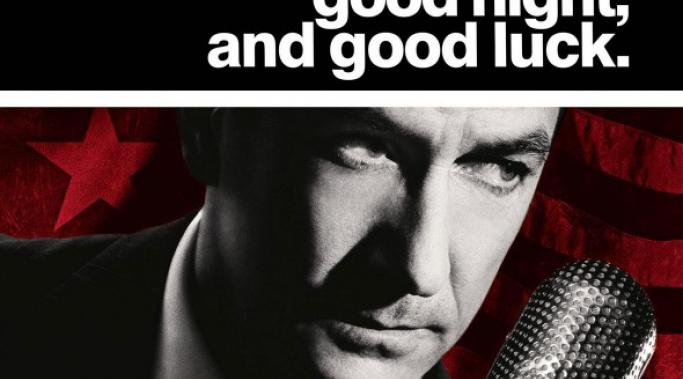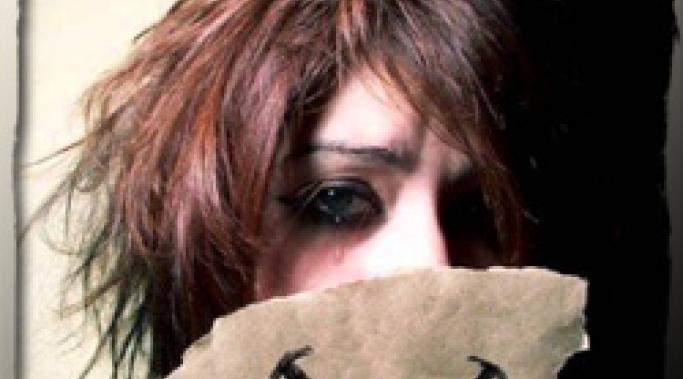One of my therapists used to tell me, often, that life is about participation, a "contact sport," as she liked to put it. She said that people who know how to live skillfully had usually learned good social and emotional skills from their parents, including how to fit in and participate with other people.
My parents must have skipped that particular chapter in their copy of Parenting 101. Most of the constructive skills I've learned, I learned as an adult. The good news is, even anxious people can learn new ways of participating in the world. It only takes two things: the belief that things can change, and the willingness to practice.
Treating Anxiety
Actor and comedian Robin McLaurin Williams died by apparent suicide in his California home on August 11, 2014. His death has shocked and saddened millions all over the world. I'm personally stunned. I grew up with his performances, starting with Mork & Mindy on television when I was a kid. It's a tragic, tragic loss. We took a hard punch on this one, and we'll be feeling it for quite some time.
When a high profile person takes their own life, it triggers the debate about suicide itself. Is suicide selfish? Is it cowardly? How can anyone do that, anyway? And, most importantly, why didn't they ask for mental health help? How come they didn't make a different choice?
I've been having a horrible time with anxiety. It still affects almost every area of my life. And although I've certainly gotten lots better at coping, my anxiety seems to be developing a new wrinkle: walking around feeling so alienated from the world that nothing feels real.
You can disarm anxiety by taking an opposite action. Opposite action is a behavioral therapy skill that lessens the impact of self-destructive tendencies. And living with anxiety can be rife with opportunities for self destruction. Here's some ways for those of us with anxiety disorder to use opposite action for our benefit.
When you're anxious, getting things done can feel like a Herculean effort. How do you make sense of the tangle of your to-do list items so you can actually do them? In this post, I'll explore some strategies for listing, prioritizing, and executing tasks.
Treating Anxiety is Not Something We Can Do Alone
First of all, let me say how exciting it is to be blogging at HealthyPlace. I’m honored, and will I do my very best to live up to the privilege of being asked to join this amazing community.
Speaking of community, sharing what it’s like to have generalized anxiety disorder with others who “get it” has been essential in the treatment of my own anxiety. There simply is no substitute for sharing our experiences with others like us in an environment that’s free of shame, judgment, and stigma. The healing power of being understood and accepted is truly incredible, and I intend to make it the foundation of the Treating Anxiety blog.
Many thanks to everyone who has read and commented here at Treating Anxiety over the past 18 months. This is my final post so Happy Holidays. Here’s hoping 2012 brings us peace, however small the moments in which it's found.
For all the closeness the Christmas period purports to bring into our lives it can also come with a dose of loneliness, the pang of isolation, or the strange unknowing of the world that is disconnection or dissociation. To counter that sort of thing I'll be participating in a mindfulness exercise of a global scale: A River of Stones.
All too often women are presented with the black/white thought that they can be either 'good', or get what they want. Not true!
First, what do we mean by 'good'? Every girl grows up learning what this means in her family, school, and eventually professional life. Whatever your definition, whatever 'the rules' are for you, they're probably more flexible than you imagine. Even if you experience anxiety (really).
Second, strength isn't being tough on yourself
I'm sharing this deeply moving, powerful short film not simply because abuse is a topic around which there cannot be too much awareness but because anxiety doesn't come from nowhere. Abuse isn't the only cause (there are many, even if you have been abused) but the effects of abuse are inseparable from mental health, whether or not you have a clinically diagnosable mental illness.
When we commit to a relationship, it comes with an expectation of emotional equivalency. If one person is pressured more than the other (a lot more than just mental health issues there) conflict can arise. Anxiety doesn't typically make for emotional consistency but freedom of expression within relationships can help.


